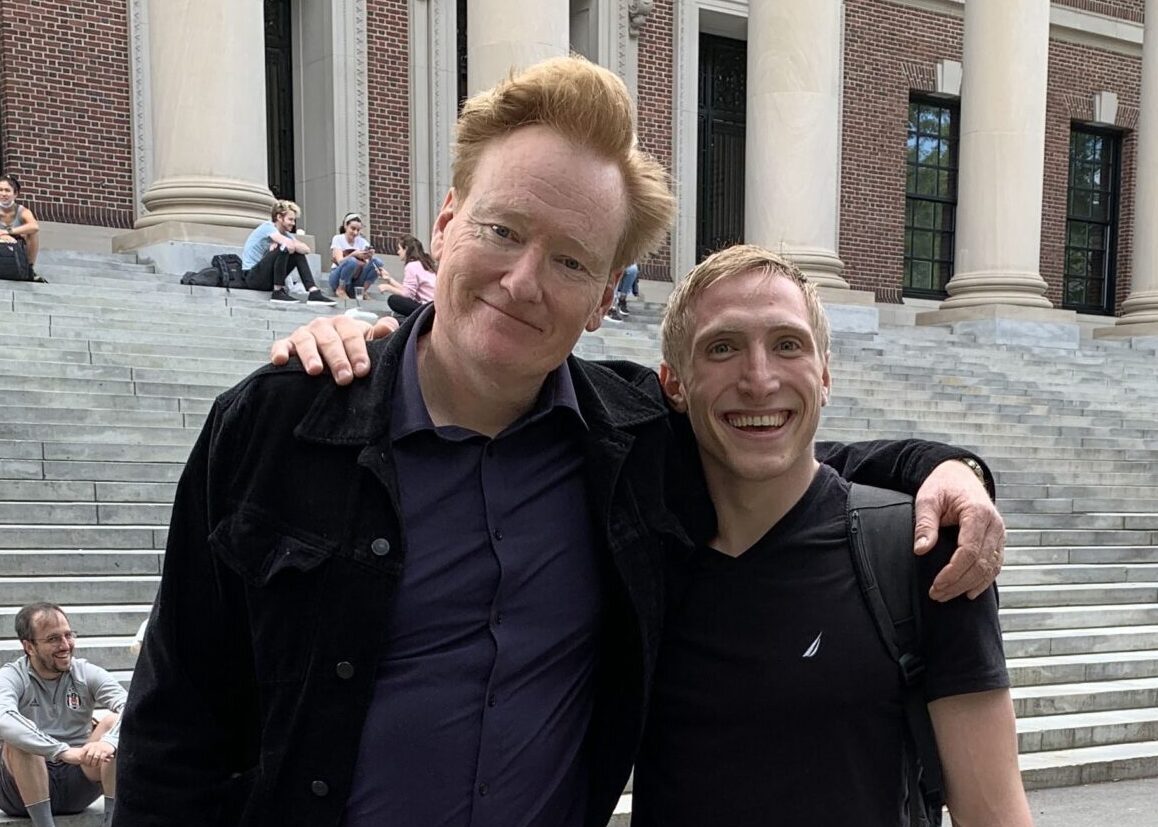
Greg Volynsky is a student at Harvard Law School.
In today’s News & Commentary, Marty Walsh announces plans to step down, Tesla terminates dozens of Buffalo employees amid an organizing campaign, and the Ninth Circuit prevents California from enforcing a law limiting forced arbitration provisions in employment contracts.
Secretary of Labor Marty Walsh tweeted that he will be stepping down from his post mid-March. He will become the executive director of the National Hockey League Players’ Association. Secretary Walsh has been an advocate for unions in the Biden administration, although he was criticized for helping broker a deal to avert a rail strike. Word of Secretary Walsh’s move spread in early February, leading Democrats to lobby for their preferred successors. Deputy Secretary Julie Su—who Walsh called his “partner in this endeavor”—won the endorsements of the Congressional Asian Pacific American and Congressional Black Caucuses, while former Speaker Pelosi is said to be advocating for former Rep. Sean Patrick Maloney. Deputy Secretary Su is set to become the acting Secretary of the agency.
On Tuesday, Tesla employees in Buffalo publicly announced a unionizing effort—by Wednesday, Tesla terminated “dozens” of Buffalo employees. Workers United (the union working with organizing employees) filed a complaint with the NLRB, alleging retaliatory terminations. The timing—employees were fired one day after the public announcement—is hardly inconspicuous. Although the NLRA prohibits firing employees to interfere in the organizing process, retaliatory dismissal is common; the NLRB’s only remedies are reinstatement and backpay following a process that could take years.
Also on Wednesday, as Anita reported, a divided Ninth Circuit panel struck down a California law (Assembly Bill 51) that limited the use of forced arbitration provisions in employment contracts. When Governor Newsom signed the law in 2019, two-thirds of California employment contracts included a mandatory arbitration provision. Advocates argued that arbitration is an opaque process that favors employers. Commentators immediately speculated that the law may be unenforceable under the Federal Arbitration Act (FAA), a federal framework for the enforcement of commercial arbitration agreements. The Ninth Circuit upheld the law in 2021 against a preemption challenge, holding that the FAA protects the enforcement, not formation, of arbitration agreements. After the U.S. Supreme Court held that the FAA preempts invalidating class action waivers, the Ninth Circuit agreed to rehear the case.






Daily News & Commentary
Start your day with our roundup of the latest labor developments. See all
March 1
The NLRB officially rescinds the Biden-era standard for determining joint-employer status; the DOL proposes a rule that would rescind the Biden-era standard for determining independent contractor status; and Walmart pays $100 million for deceiving delivery drivers regarding wages and tips.
February 27
The Ninth Circuit allows Trump to dismantle certain government unions based on national security concerns; and the DOL set to focus enforcement on firms with “outsized market power.”
February 26
Workplace AI regulations proposed in Michigan; en banc D.C. Circuit hears oral argument in CFPB case; white police officers sue Philadelphia over DEI policy.
February 25
OSHA workplace inspections significantly drop in 2025; the Court denies a petition for certiorari to review a Minnesota law banning mandatory anti-union meetings at work; and the Court declines two petitions to determine whether Air Force service members should receive backpay as a result of religious challenges to the now-revoked COVID-19 vaccine mandate.
February 24
In today’s news and commentary, the NLRB uses the Obama-era Browning-Ferris standard, a fired National Park ranger sues the Department of Interior and the National Park Service, the NLRB closes out Amazon’s labor dispute on Staten Island, and OIRA signals changes to the Biden-era independent contractor rule. The NLRB ruled that Browning-Ferris Industries jointly employed […]
February 23
In today’s news and commentary, the Trump administration proposes a rule limiting employment authorization for asylum seekers and Matt Bruenig introduces a new LLM tool analyzing employer rules under Stericycle. Law360 reports that the Trump administration proposed a rule on Friday that would change the employment authorization process for asylum seekers. Under the proposed rule, […]